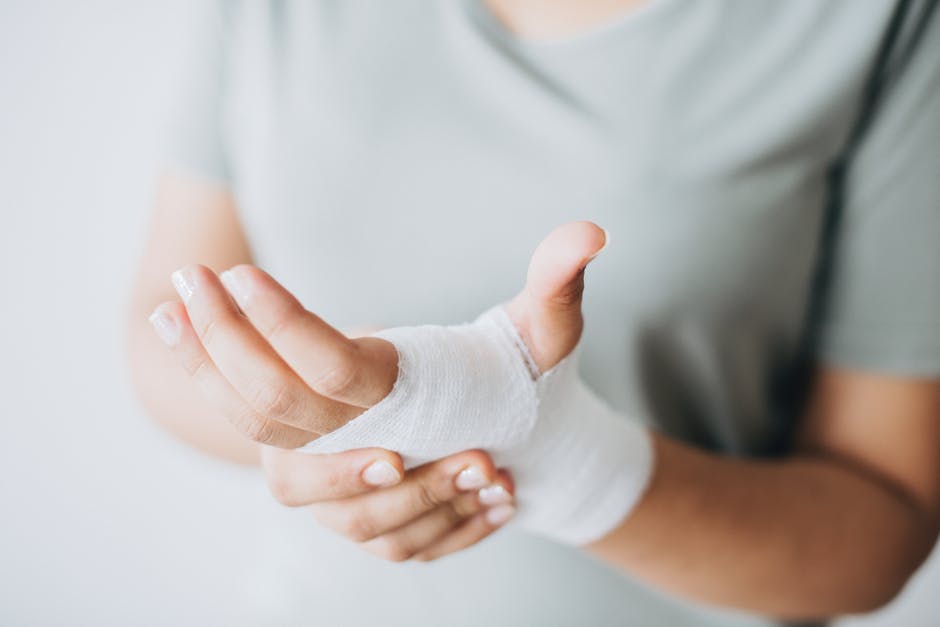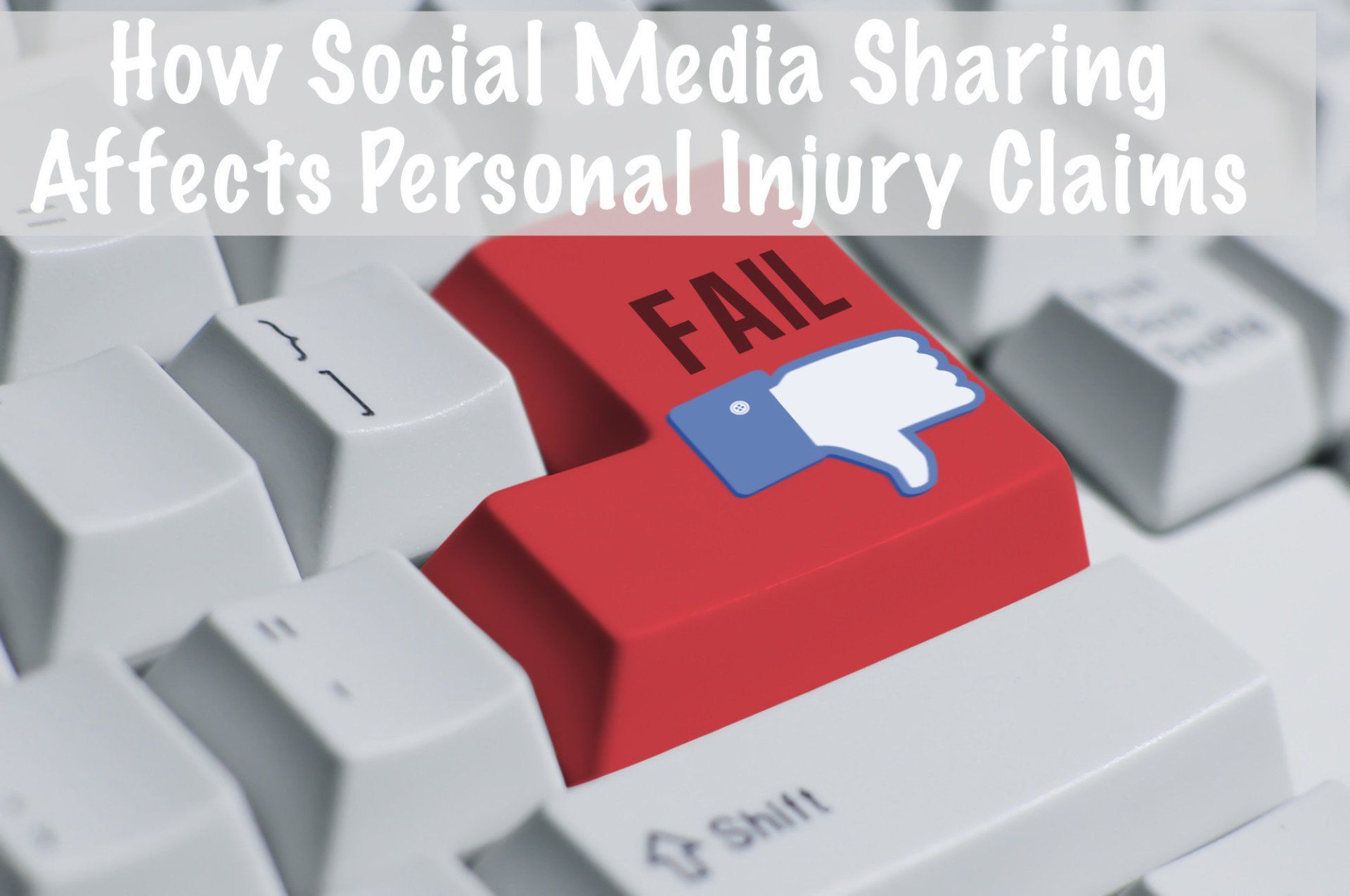Claim Questions: The Top 10 Personal Injury Questions Answered
The difficulties of law are the last thing you want to deal with after you've suffered an injury.
More than 700,000 people file personal injury cases every year. A payout can ease the burdens of personal injury, but you'll need to navigate the law to do it. That's not always easy when you're dealing with difficult personal circumstances.
Below, we're answering the top 10 personal injury questions to make things simpler.
1. What Is a Personal Injury Case?
A personal injury case is a way of settling a legal dispute where one party may be liable for injuries received by another. For the injured party, it's a way of recouping money lost to medical bills, time off work, and other sundry damages like a reduced quality of life.
Common personal injury cases include road accidents, medical malpractice, and accidents at work. They all share a common theme: that someone is at fault for the accident.
2. Do I Have a Personal Injury Case?
If you've been injured in an accident and believe another party can be held responsible for that injury, you may have a personal injury case. Making a personal injury claim is a way of saying you believe someone to be liable for your losses.
Establishing fault isn't always cut and dry. There are plenty of gray areas. Speaking to a lawyer can help you determine whether you have a personal injury case.
3. What Should I Do If I Think I Have a Case?
The first thing you should do if you think you have a personal injury case is to contact an attorney. They'll be able to give you advice on the next steps and help you bring your claim to the attention of the other party.
If you can't hire an attorney immediately, try to gather all the information you can. Dates, medical records, and statements from law enforcement may all be useful later. The more information you're able to gather, the more likely your case is to succeed.
4. Is There a Time Limit to File?
The time limit you have to file your lawsuit will depend on your jurisdiction. The statute of limitations varies from state to state, so you'll need to check your local laws to find out which applies to you.
In some places, the statute of limitations is as low as one year. In others, it's as high as six. The statute of limitations starts on the day of your accident.
There is one major exception to the statute of limitations. The discovery rule provides for cases where the injury or the cause of the injury isn't immediate and apparent.
5. How Long Does a Personal Injury Case Take?
How long is a piece of string? It would be nice to have a definite answer, but the duration of a personal injury case will depend on the details.
The more complicated the sequence of events and the environment, the longer you can expect things to take. Expect the same if the other party isn't cooperative. It may also take some time to establish where the fault lies if the situation isn't clear-cut.
A case could run as long as a few years, but many tend to be shorter than that. You may also be able to settle out of court with the help of your lawyer.
6. What's a Settlement?
A settlement is an agreed monetary sum the at-fault party pays to avoid the case going to court. There are many reasons for a settlement. Both parties usually agree to a settlement to avoid legal fees and the financial inconvenience of going to court.
Unlike a court case, a settlement doesn't decide fault. It's simply an agreement to drop the case.
7. How Are Settlements Paid Out?
Your attorney will receive your settlements check on your behalf.
Before the defending party pays the settlement, both sides will need to agree on and sign a release. This document may undergo some back-and-forth wrangling, as it sets out the payment terms for the settlement.
8. How Much Will I Get?
The damages attainable from any personal injury case will vary. The nature of your injury, treatment required, and lost wages will all factor into the value of your claim.
You should be able to get a general sense of your claim's value by calculating the expenses you've incurred as a direct result of your injury. A multiplier may also apply based on the nature of your industry.
Your attorney will calculate a reasonable claim for damages. This may be more than the other party is willing to offer in settlement.
9. Will I Have to Go to Court?
If the other party refuses to offer a suitable settlement, then you'll need to go to court to obtain the full amount. The judge will take a look at the case and make a decision.
If you accept a settlement, you won't need to go to court. However, you might receive a smaller payout than the one you're entitled to.
Settlements are usually amicable, but things may get heated if the case goes to court. The defense will work hard to counter the claim and may even countersue.
10. Who Gets the Insurance Check for My Medical Bills?
You'll need to pay your medical bills as normal during a personal injury claim. The other party will be under no obligation to cover your ongoing medical expenses.
However, coming to a settlement or winning a case will mean you receive a damages payment. That payment will reimburse you for medical costs experienced. Chances are that your health insurer will have a right to claim a proportion of your payout ( a "lien ") against the cost of your treatment.
Your Personal Injury Questions Answered
With your personal injury questions answered, it's time to decide whether you have a grounds for a personal injury case. If you're in any doubt, reach out to an attorney to discuss the matter further.
Ready to get started? You can contact us today for advice.








